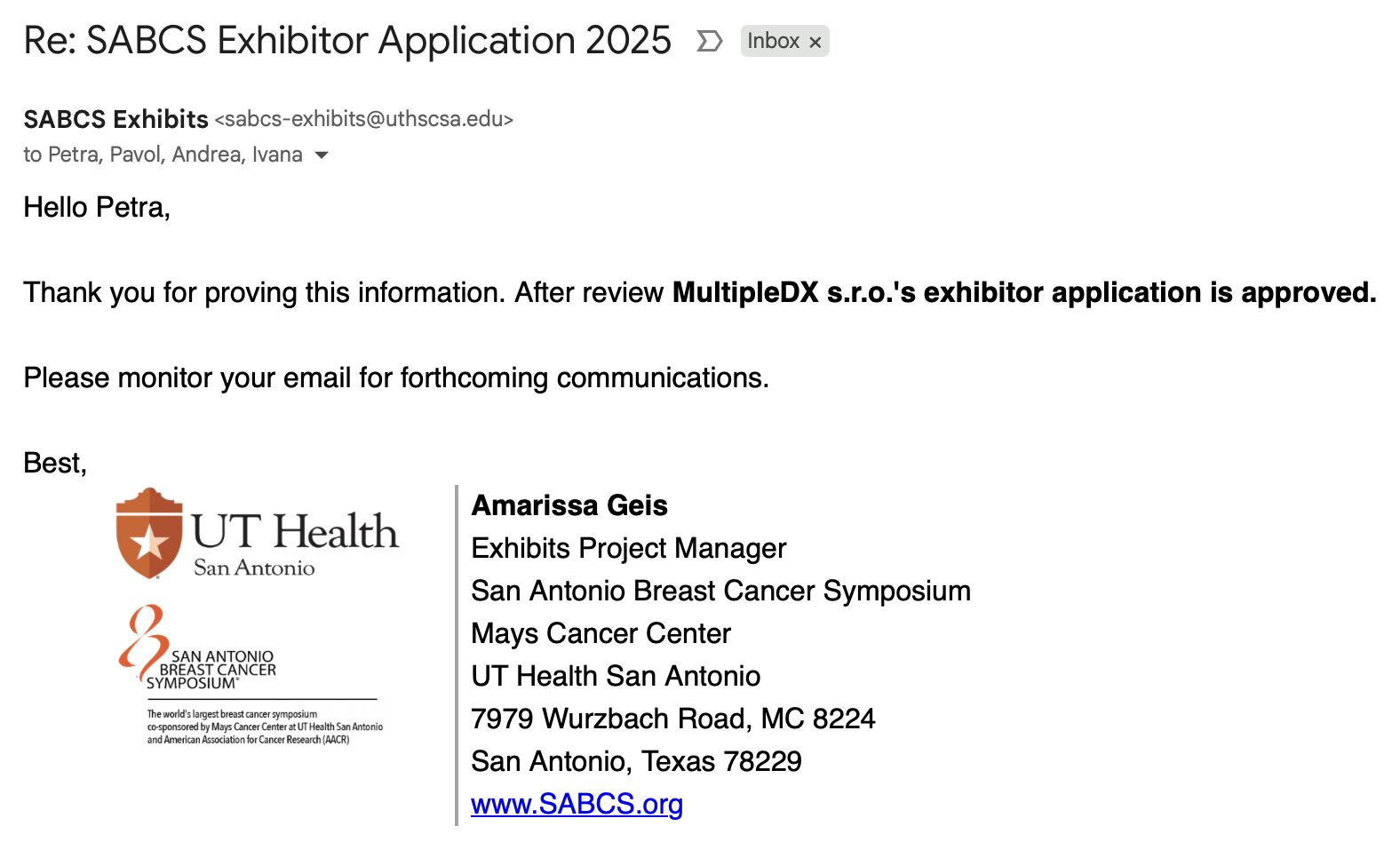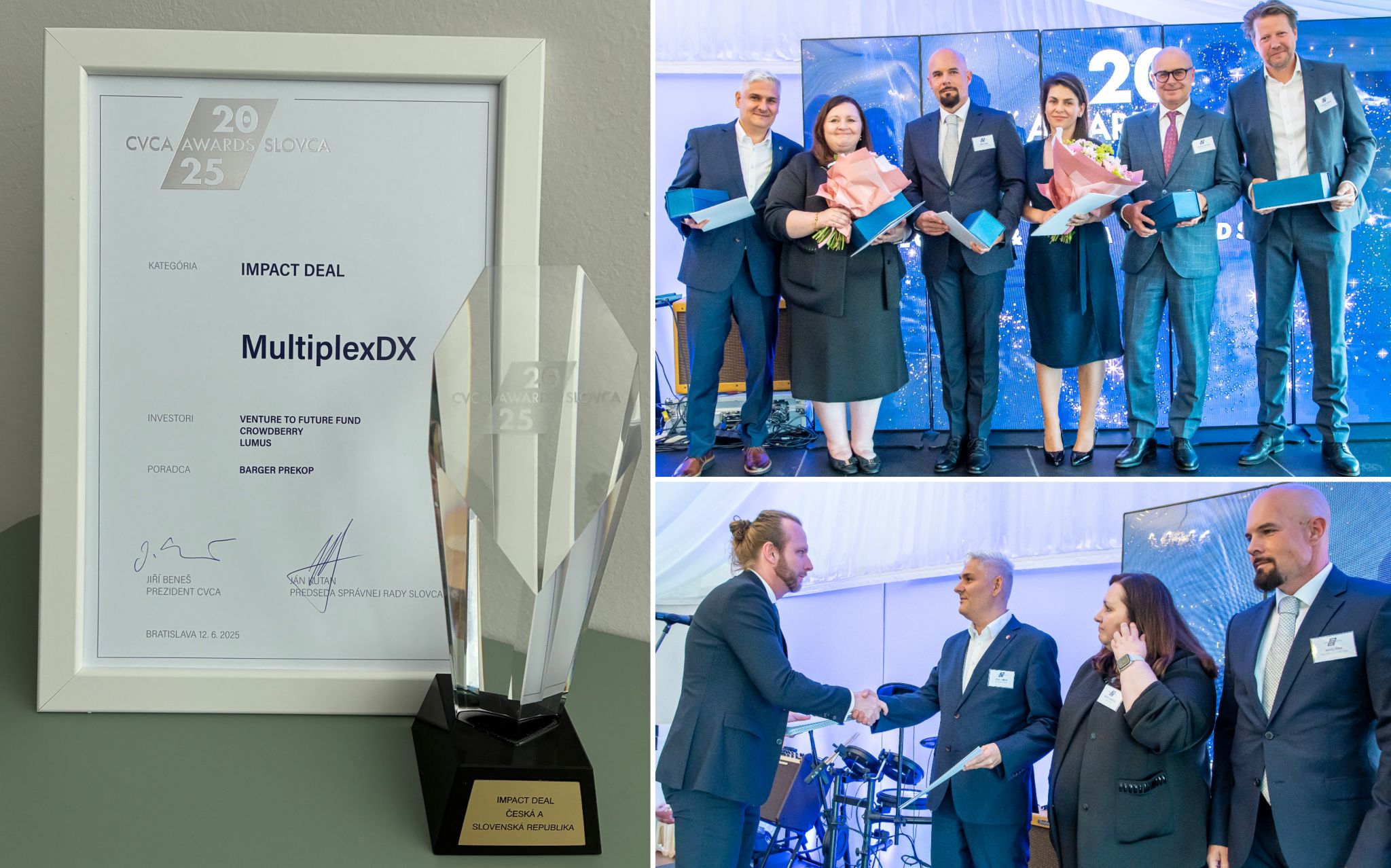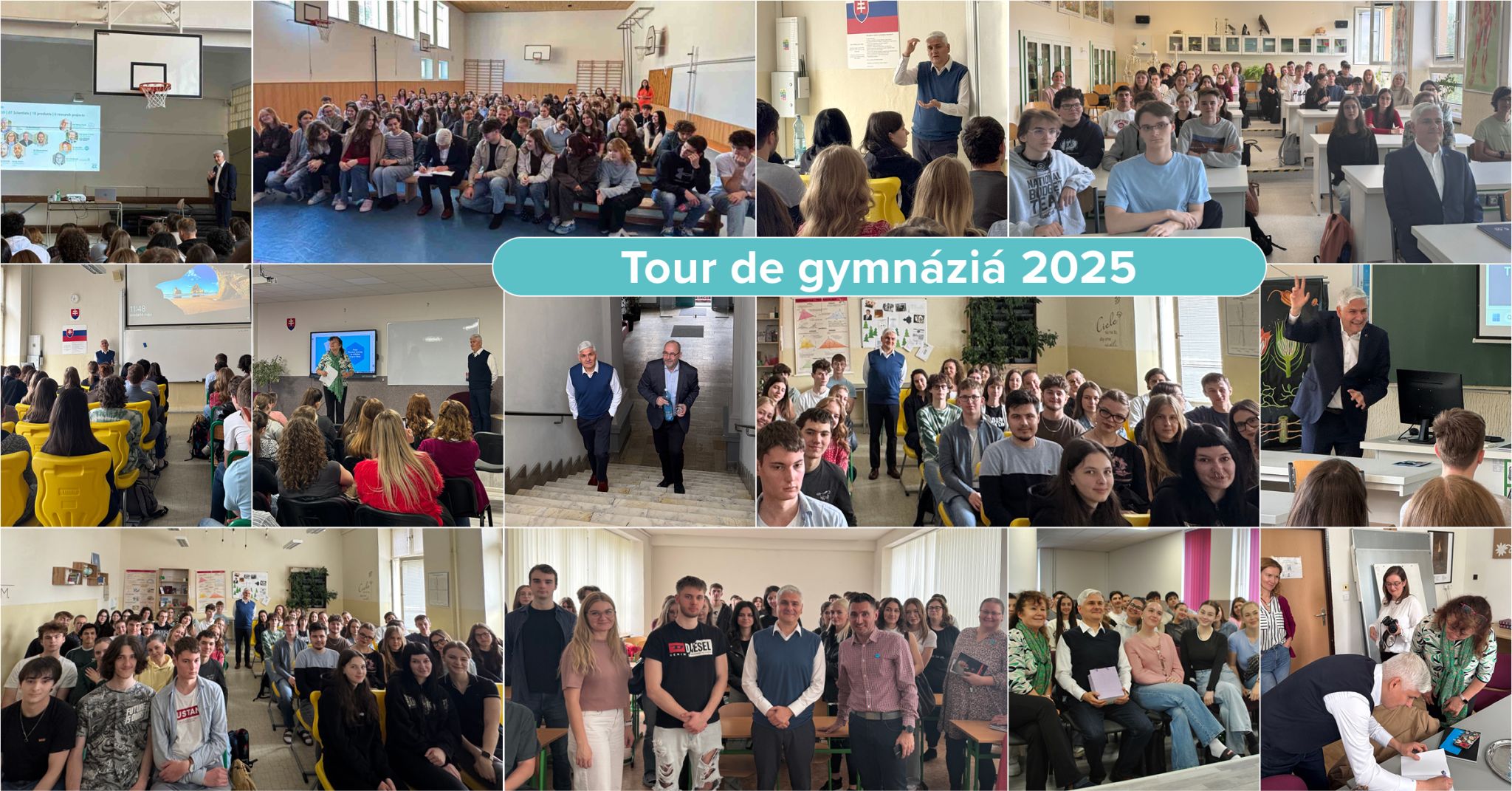Business-academia cooperation in the Slovak innovation ecosystem during a global pandemic

Given that Slovakia is a small country with limited resources and a weak national healthcare system, in March 2020, within 10 days of identifying its first case, the country went into lockdown and declared a state of emergency: borders were sealed, schools and restaurants were closed, and face masks were made mandatory in public places, with some of the country’s most visible public figures, including its president and prime minister, setting the example of mask wearing. The lockdown measures and a responsible citizenry enabled Slovakia to avoid being overrun by the coronavirus in a way that larger and wealthier countries have experienced.
Later in March 2020, when it was almost impossible to buy tests and there were global shortages of key chemicals, kits, and equipment needed to implement and run the tests, Slovak researchers joined forces and prepared the first Slovak IVD certified diagnostic PCR test for detection of SARS-CoV-2, the causative agent of COVID-19. The ESET Foundation supported the test’s development, certification, and production of the first 100 000 units.
The key components were developed and manufactured by MultiplexDX. The Slovak PCR test has been validated in cooperation with a team of scientists from the Biomedical Centre of the Slovak Academy of Sciences and Science Park of Comenius University in Bratislava in cooperation with two other Slovak companies, Lambda Life and ProScience Tech.
The test is an innovative, improved, and re-designed version of the WHO-recommended Charité, Berlin real-time RT-qPCR method. The method uses primers and probes, which are short, synthetic DNAs that have the same sequence as the viral RNA, to bind and amplify viral RNA in a patient sample. During amplification of the target viral RNA, an enzyme causes a fluorescent dye to be released from the probe, leading to a fluorescence signal that signifies the presence of viral RNA. This method is so sensitive that it can detect only a few molecules of viral RNA in a sample.
"We are extremely proud to have joined forces with the best research teams in the field. We cooperated with the Biomedical Centre of the Slovak Academy of Sciences as well as the Science Park of Comenius University. I have noticed that people here are working tirelessly and diligently. They went on two shifts, they worked on weekends and on Sundays. It would not have been possible without them feeling the urgency and gravity of the situation. Now the state has called on them to do something for their country. I see it happening.They feel that Slovakia needs Slovak science at this time.”
said Pavol Čekan, CEO of MultiplexDX.
About MultiplexDX
MultiplexDX is one of the most innovative biotech corporations, created to bring its revolutionary technologies to the market of personalized molecular diagnostics. The company has representation in both U.S. and European markets. The collaborators of MultiplexDX are from the world’s most prestigious scientific organizations including the National Cancer Institute, Rockefeller University, Albert Einstein University, Vanderbilt University, Cornell University, Queens University (Canada), Hebrew University of Jerusalem (Israel), and the Max Delbrück Center for Molecular Medicine (Germany).
MultiplexDX IP-based and innovative platform merges histopathology methods, biomarker quantification, visualization and gene expression with a single-cell resolution by combining MDX proprietary visual and sequencing technologies into one diagnostic test. This cross-validation approach eliminates diagnostic errors and creates 100% precise cancer profiling for each patient which allows clinicians to suggest specific, personalized cancer treatment.
Find out more about MultiplexDX on Corporate website, Facebook, LinkedIn, Twitter








